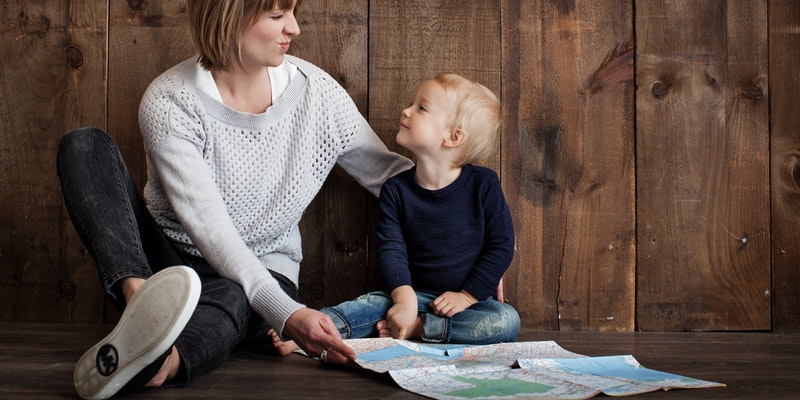
We watch our children grow right before our very eyes. It seems like not long ago, when they were a baby learning to crawl, walk, and feed themselves, and now they're in school, taking part in activities, making friends, and acquiring skills to become increasingly more independent. You may have heard your parents talking about how difficult it is to let go, even after we become old enough to look after ourselves. They are constantly learning to let go; from the moment we are born.. As a result, our parenting strategies have to change. As our child grows, develops, learns, and matures, so does our parenting role.
As your child has grown, you undoubtedly have discovered they have their own unique personality and temperament. You've probably redeveloped your parenting skills around the individual needs of your child unconsciously. And as no two children are exactly alike, neither should your parenting style be. Some children may need more guidance and not feel as sure of themselves, which makes us become used to having to guide, lead, show and encourage that child consistently through their childhood while still trying to nurture independence, giving praise with a view to building their self-esteem and confidence level along the way. While another child may be very intrinsically motivated and very willful and not need that much guidance or leadership from you. While you embrace and encourage their independence, it's also important that you also encourage their ability to ask for help when needed while continuing to praise good deeds, actions, and traits.
The most important tools we have in order to successfully adjust our parenting skills are our eyes and our ears. We have to quite observant when it comes to the goings - on with our child and we should listen carefully to what they are telling us. It's important that we encourage our child to be their own individual while still being available to them at whatever level or degree they need us to be. Sometimes it might be specific to certain situations only, for example a child may not need you to be as directly involved in matters relating to their schooling when it comes to their overall academic success, but they might require you to be more involved in their social life as they may be feeling less confident when it comes to making new friends or meeting new people.
In conclusion, as your child develops, grows and changes, you should condition your parenting skills accordingly, to keep in line with these changes. Be more attentive, observant and communicate honestly and openly with your child, and you'll both mature gracefully.